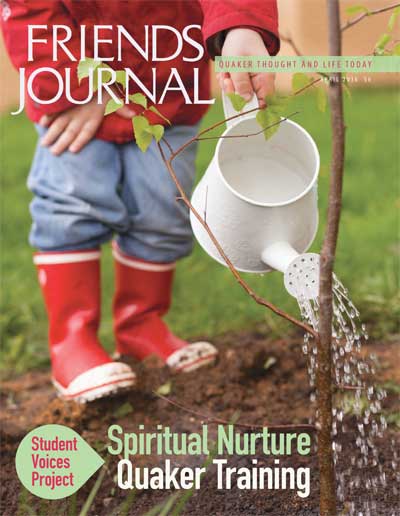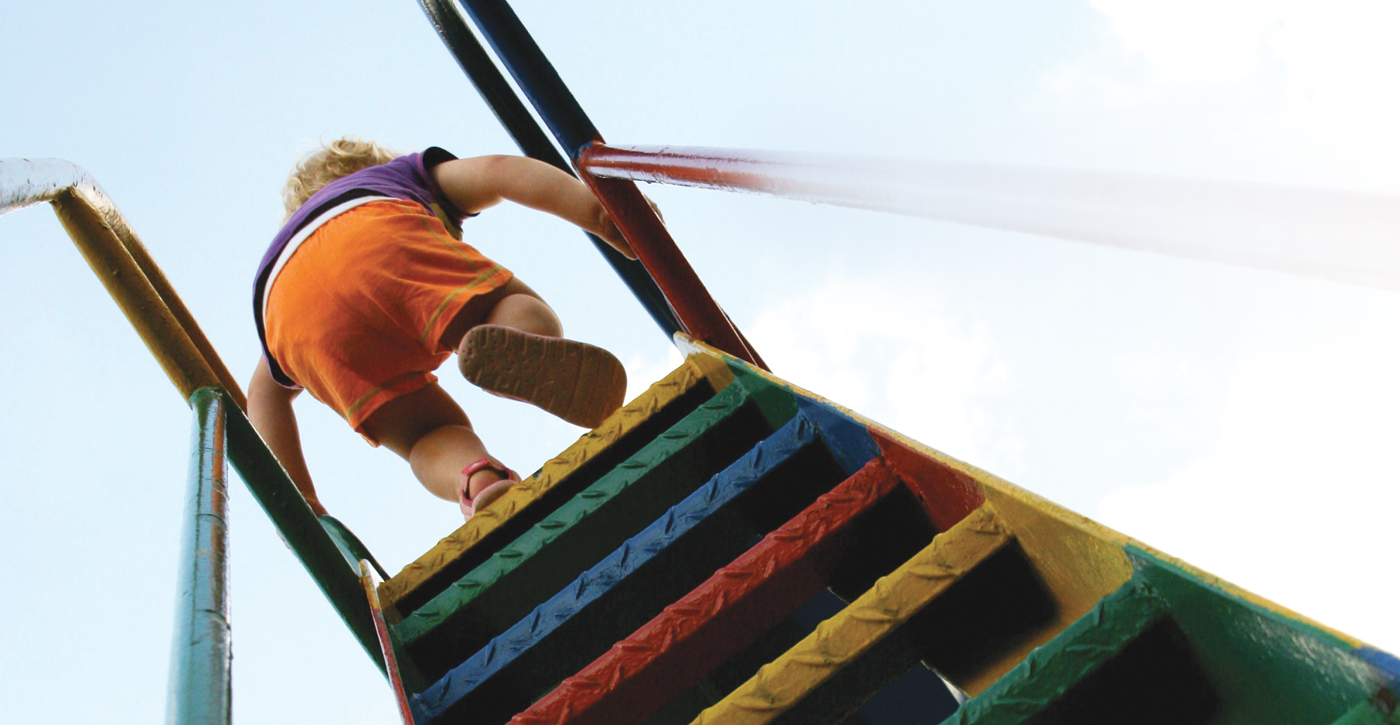 My journey with the concept of “spiritual nurture” began early in life. My parents were pastors, and beyond their titles and work, they were people who created space for others. From the time I can remember, our home was a place of refuge and love. People of all walks of life sat at our table; cried in our living room; and shared their hurts, trauma, and hardships with my ever-loving parents. I grew up this way, with an expanding awareness of suffering and heartache. Soon I was one of those listening people too, as I moved from an observer to a practitioner of creating safe space. I tried to emulate what my parents did, to copy the compassion I saw in their smiles.
My journey with the concept of “spiritual nurture” began early in life. My parents were pastors, and beyond their titles and work, they were people who created space for others. From the time I can remember, our home was a place of refuge and love. People of all walks of life sat at our table; cried in our living room; and shared their hurts, trauma, and hardships with my ever-loving parents. I grew up this way, with an expanding awareness of suffering and heartache. Soon I was one of those listening people too, as I moved from an observer to a practitioner of creating safe space. I tried to emulate what my parents did, to copy the compassion I saw in their smiles.
I went on, eventually, to go to seminary and become a pastor. Ministry was a part of me, and listening to people became a main component of my work and life. It all sounds very romantic and poetic. But there was a problem: I’m a fixer. I like to fix things, problems specifically. Since I was a child, I’ve loved challenges and problem solving. Brainstorming is one of my favorite things to do, and what better arena for a fixer like myself than humankind? Fixing, I think, isn’t inherently wrong or bad. There are indeed always problems to be solved, and this part of myself gets plenty of work. However, when it comes to spiritual nurture and deep listening, being a fixer poses a problem.
While I copied the practice of listening from my parents, in the back of my mind, I was always looking for answers. I’d formulate how to respond, possible solutions, and reasons why the person in front of me had gotten into this situation. Sometimes I would respond with kindness, and sometimes with judgment. My fixing nature received an abundance of reinforcement from a consumerist, efficient, corporate society. Our society places high value on productivity and output, rewarding folks for “getting it done” and solving problems. Innovation and timeliness are valued over contemplation and quiet. In a consumerist world, logic, which begets productivity, is valued over emotions and the time it takes to process them. Society encourages business and hurry, managing time so that everything fits and can be solved or completed. There is a “more is better” attitude when it comes to our work, our possessions, our activities, our happiness, and our time. We tend to fill our schedules to overflowing, rushing from one thing to another, trying to cram as much into our 24-hour days as possible.
This is not an environment that invites deep listening. The fixing part of myself kept trying to run the show. While I continued to listen to the people around me, attempting to provide a quiet, safe place, my head was abuzz with possibilities, solutions, and answers.
That is, until I got most of the way through seminary, when everything broke. The deconstruction of my faith and broadening of my awareness got to the point where I reached the ground, and there was nowhere else to go. I felt like a veil had been pulled back, and suddenly I saw that all that I considered sacred was tainted by the systems of oppression that run the world. The last fading bright spots went dark. It felt like hope had abandoned me, and everything I knew was gone. Suddenly my answers and assurances, my foundation and understanding were gone. Gone. And what was left was this dark, quiet place inside me. There were no answers there, no familiar forms and structures. Even my methods of interacting with the Divine felt empty. The seeking, analyzing, fixing part of my being went numb and dark.
So I did the one thing that felt right to do: I gardened. Every week I walked to the community garden, and joined a small, somewhat ragtag group of folks for work and food. Many days there were few of us, and we sat around the baby fruit trees, weeding slowly and talking about life. Everyone who came brought something for the meal, and we had quite the exciting array of feasts together. In the stillness that surrounded my soul, I shoveled and planted, watered and weeded, harvested and feasted. And it was there, in that rich soil—with the potatoes and pepper plants—that I learned to listen.
I opened myself up to the stillness and depth of questions without answers. I had nothing left: nothing of the towers of formation I had built, nothing of the faith I once loved. And out of nothingness, I discovered what it means to really listen. I began to listen from a place of stillness, to the people I gardened with and to those I pastored. My partner and I started having young adults over to our home every week, to eat and be together. And something sacred happened during this time. It happened inside me, and then in the spaces that came out of the quiet. I found myself listening to a weeping friend on the couch, talking of love and goodness in the kitchen, asking questions about theology and superhero movies around the table. I opened myself up in a way that I never had before, and in the still, dark space inside me, I discovered compassion without judgment. For the first time, I think, I truly listened.
Since then, I’ve moved from being a pastor to being a Quaker Voluntary Service city coordinator in Portland, Oregon. The garden where I found myself was moved, and that space paved over. After hosting so many so often, I needed space to host myself. After a long time, light came back into my darkness. My fixing nature and love of challenge returned, although notably altered from before. The quiet that held me during my darkness became a grounding practice, deep roots to connect me to stillness and goodness.
Through this time I found that not only was there room for my experience in the broader Quaker way but, in fact, a long history of listening from stillness. I realized that waiting in silence with others is a radical act. After a while I learned that not filling my schedule until I was stressed and exhausted wouldn’t detract from my sense of fulfillment and purpose. In fact, the exact opposite of my societal training was true, and I began to create space for myself to rest and be. As I continue to learn to care for myself, my compassion grows. As I become more aware of both the goodness and suffering in the world, my ability to be present to another strengthens.
I’m still a fixer, and will brainstorm with you any day. My work with QVS offers plenty of opportunities to problem solve challenges of community, work, learning, and balancing my time. But now there’s a stillness alongside the noise. My roots in the quiet remind me to slow down when I’m sitting with one of my Fellows, to be fully present to their feelings and needs. I’m able to take time in coffee shops to make space for all the feelings, and there are many. When I listen from the quiet, my first response can be love and understanding, making space for another to be heard and cared for honestly. In order to continue creating that space, I’ve learned that I need to cultivate that space for myself regularly. During these times, I get to dip back down into the stillness that sustains me, and remember my grounding while being in a rush-around world. In a world that wants to move right along, and hurry past to more, more, more, it is a great and deep joy to create space for another, to stop and listen from the quiet, to be still in the rush.





Comments on Friendsjournal.org may be used in the Forum of the print magazine and may be edited for length and clarity.